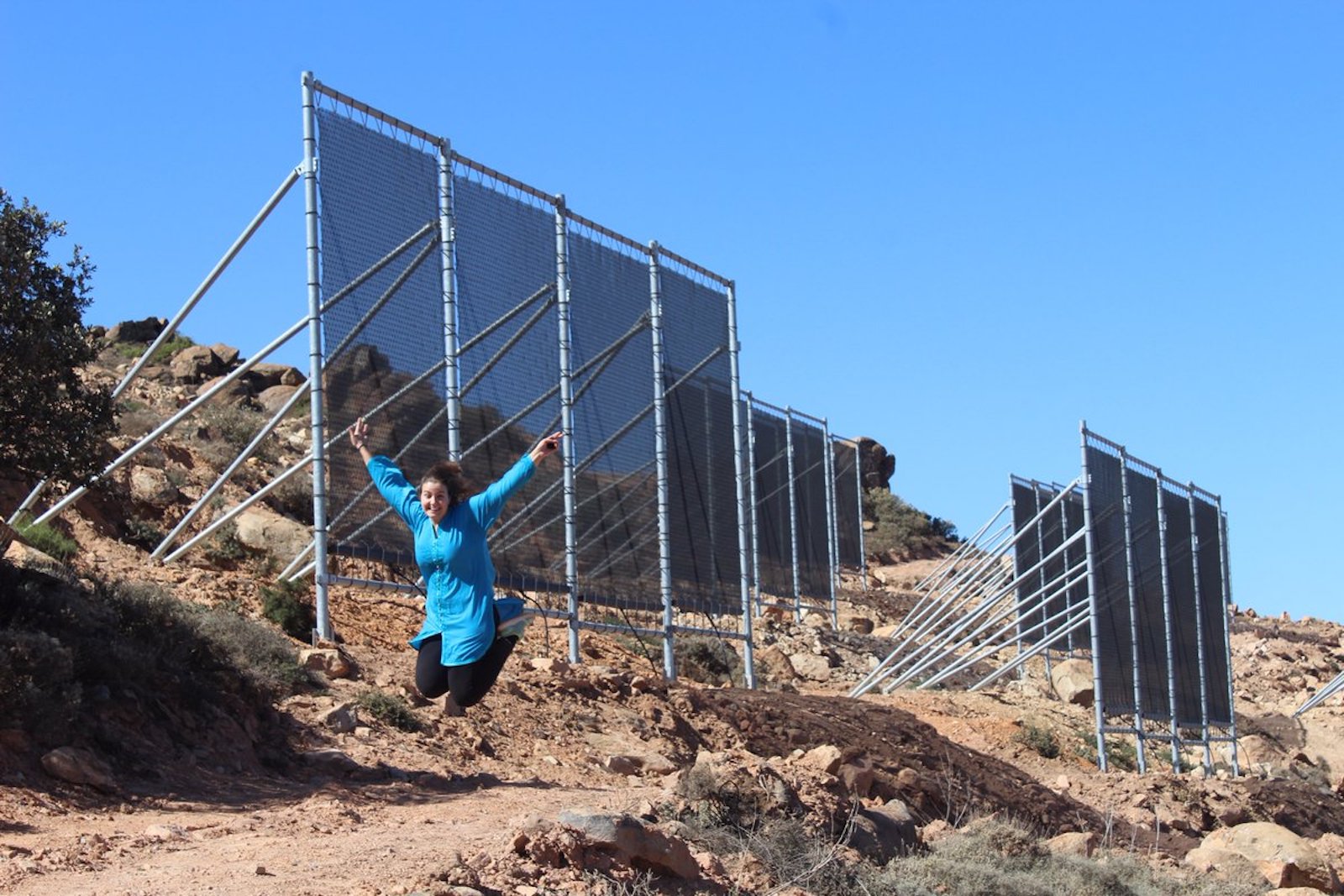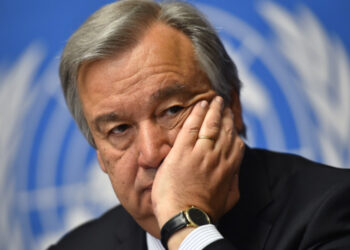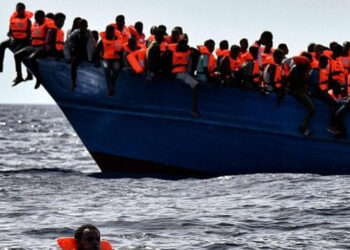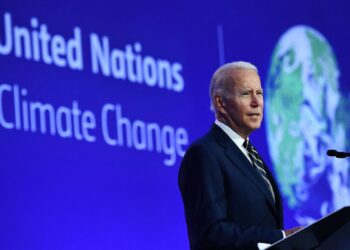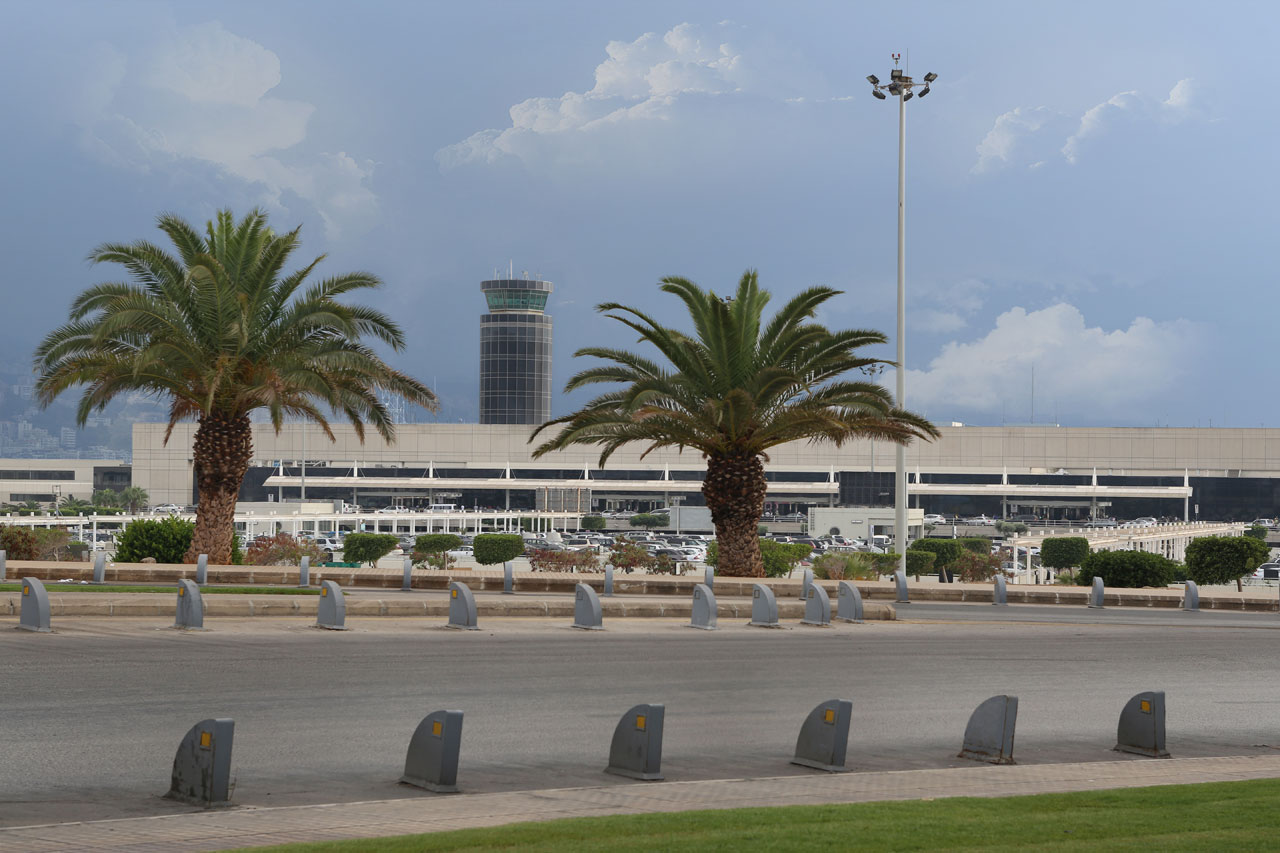Since weather affects everyone, the idea that women are more susceptible to the effects of climate change may strike some as puzzling. However, according to a recent United Nations report, State of the World Population, women – particularly those in developing countries – will be affected differently than men.
An Environmental Justice Foundation report revealed that by 2050 the number of people fleeing the impacts of climate change could reach 150 million. And, according to the Women’s Environmental Network, 80 percent of these climate refugees will be women and children.
This is primarily because women make up the majority of the 1.3 billion people living in poverty around the world, tend to have lower incomes, and are more likely to be economically dependent than men – all of which greatly limits their ability to cope with difficult climate conditions.
“A few years ago, climate change was considered gender-neutral,” Naoko Ishii, chief executive of the nonprofit Global Environment Facility, which works on climate issues, told The Globe Post. “But when we did a gender analysis, gender neutral actually means gender-ignorant.”
For instance, according to U.N. WomenWatch, women in rural areas represent 45-80 per cent of the agricultural workforce and are more likely to feel the brunt of reduced crop yields. WomenWatch also reports that women, around the world, are also more likely to be responsible for gather water. Droughts and erratic rainfall force them to work harder, walk farther, and limit the time they have to perform other tasks like earn money, learn new skills, or simply rest.
Younger girls are already dropping out of schools to help their mothers with tasks that are becoming more difficult in warmer climates.
The U.N. report concluded that this cycle of deprivation, poverty and inequality is going to further deteriorate and undermine the social capital needed to deal with climate change effectively.
This implies that not only are women more vulnerable to the effects of climate change, they also usually have fewer opportunities to make decisions on how to deal with it.
However, despite this, many women from rural areas around the world are now actively taking the responsibility to protect the environment, their families, and livelihoods.
Many women-led small businesses in Morocco, for example, have been working with climate advocacy groups on implementing sustainable solutions to, both, fix the logistical obstacles caused by climate change and to create more employment opportunities.
A severe drought that hit Morocco in 2015 affected the harvest and depressed the economy by 1.5 percent.
Dar Si Hmad, a women-led NGO in the country, has almost solved the water fetching problem for many women by implementing a new initiative of “fog farming,” using 600 square meters of special nets to harvest fresh water from fog.
“Women have gained back half a day that they are putting into economic activities like argan oil production,” Dar Si Hmad Director Jamila Bargach told The Globe Post.
Argan oil, derived from argan nuts, is a precious commodity and cash crop in the country.
“The women and girls can see that there are things women can do outside the home. It’s a world I did not know before,” Zayna, a participant in the project said, told The Globe Post.
Dar Si Hmad is part of the “Momentum for Change: Women for Results,” an initiative of the U.N. Climate Change secretariat.
The initiative recognizes activities that show measurable results that can potentially get replicated and scaled up – many of which demonstrate the critical leadership and participation of women in addressing climate change.
Climate change advocacy groups are also starting to recognize the trivial role women in rural parts of developing countries play in making a difference on the grassroots level.
“Women generally are often most connected to their communities and family, which gives them a unique potential to contribute to create real and lasting change,” said Ghalia Fayad, the Arab World programme leader for Greenpeace Mediterranean.
“Their perspectives are essential to ensuring local people have a say in the changes affecting their lives,” Ms. Fayad told The Globe Post.
And for the women, it fosters entrepreneurship and provides better employment opportunities which helps improve living conditions and social status for their entire families.
In several primarily women-run cooperates in Morocco Greenpeace is supporting adapting solar systems to replace the more costly diesel generators that suffered from chronic electricity shortages. These groups are now diversifying the production of argan, almond, and eggs in the country.
“The benefits of solar energy meant they increased their business’s productivity, allowing them to think about expanding further and setting up new food production outlets,” Ms. Fayad said.
“Most importantly for these women, steady productivity now means increased family time, and that has no price.”
The NGO is also currently running solar cooking training sessions that showcase the potential of solar energy as an alternative to coal, wood, and butane gas to women in rural parts of the country.
“The women who are the voice of this campaign ask for the Moroccan government to act on the legislative and institutional framework that would then enable the spread of renewable energy on decentralized level,” Ms. Fayad said.


